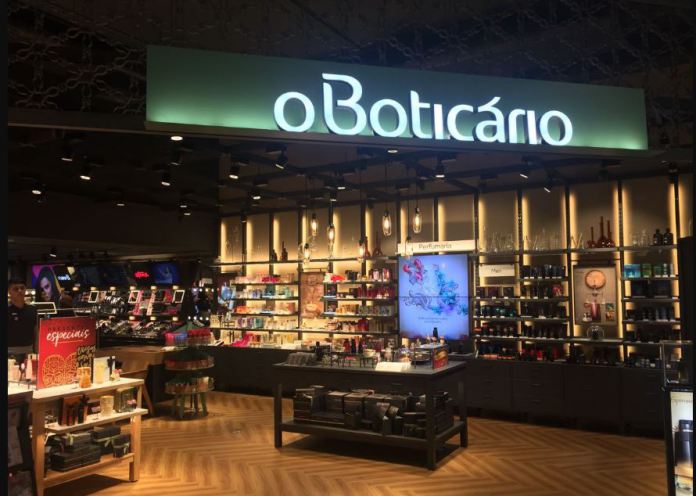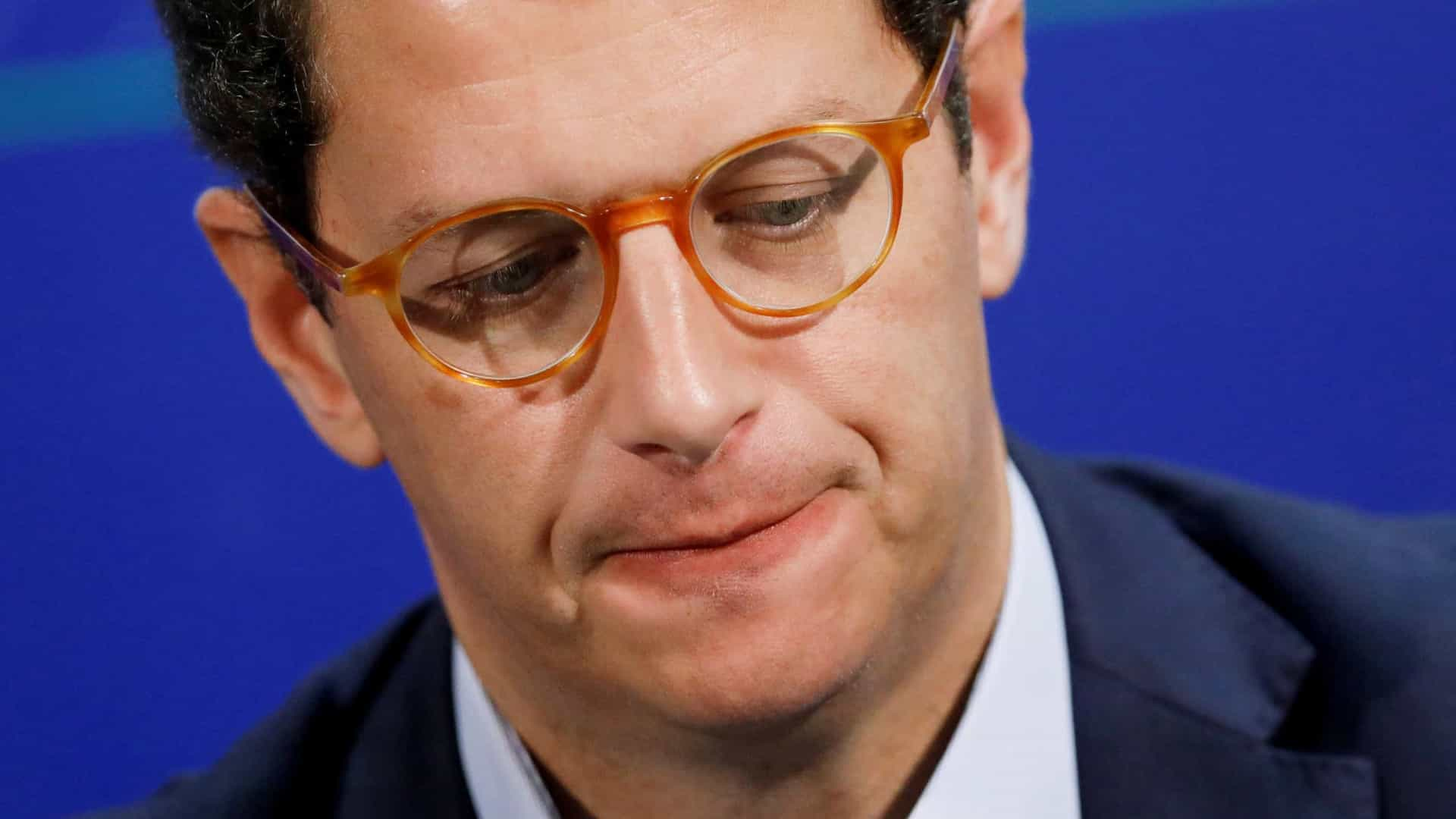RIO DE JANEIRO, BRAZIL – Given the storm brought on by the advent of Sleeping Giants in Brazil, a profile that denounces companies advertising on far-right wing and fake news websites, the strategy of exposing brands and companies on social media is starting to take shape on other fronts.
On Tuesday, May 26th, environmental organizations launched the “Nome aos bois” [brand the cattle] initiative in order to identify companies that indirectly endorse a manifesto against the “bureaucracy that ravages the environment”.
With a similar tactic to Sleeping Giants, profiles such as that of Greenpeace Brasil, ‘Observatório do Clima’ (Climate Observatory) and ‘ClimaInfo’ published the name of companies linked to the associations signing the pro-Salles manifesto on Twitter, published in an advertisement by Folha de S. Paulo, using the hashtags #NomeAosBois [brand the cattle] and #essaboiadanãovaipassar [stop the cattle drive].
Among the brands exposed are BRF, Batavo, Friboi, Qualy, Marfrig, Pedigree, Royal Canin, Sadia, Turma da Mônica and Whiskas, represented by the Brazilian Association of Slaughterhouses (ABRAFRIGO), Brazilian Association of Animal Recycling (ABRA) and Confederation of Agriculture and Livestock of Brazil (CNA), in addition to Avon, Natura and O Boticário, which are part of the Brazilian Association of Toiletries, Perfumes and Cosmetics (ABIHPEC).
In less than 24 hours of campaign, some organizations and companies demonstrated following the alert on social media. “Together with Natura, we repudiated this statement of support [to the Ministry of Environment]. We did not approve or were even consulted regarding this announcement. It is extremely necessary to respect the legislation and reinforce the tools for environmental monitoring faced with the current scenario,” said Avon, a Natura Group brand, voicing its disapproval of support for the deregulation measures proposed by Salles.
The Boticario Group stated that “it does not support any action that discourages environmental preservation, sustainable development or that disregards the country’s legal framework. We believe that contributing to the future is an important part of the commitments that the private sector must undertake”, although without specifying whether it has endorsed the manifesto signed by the ABIHPEC.
Through Mauricio de Sousa Productions, Turma da Mônica, which was exposed for having a line of 14 products licensed in partnership with Seara – the JBS group company is associated with ABRA-, said that “it was not consulted about the announcement in question nor does it subscribe to it. “Our 60-year history testifies to our commitment to the protection of nature”. Greenpeace celebrated the announcement that disallows ABRA as a brand representative. “It seems they [association] forgot to consult their affiliates about the announcement in support of Salles,” the NGO wrote.

Hotel chains are also challenged by the environmental organizations, since the Association for Real Estate and Tourism Development of Brazil (ADIT) is one of the signatories to the manifesto. “Txai makes it clear that although we are part of ADIT Brazil, which in its name made the announcement, we did not approve or were consulted regarding the announced support. Any conduct or decision that could harm the environment does not conform to our values of respect and connection with nature,” says the resort network based in Itacaré, Bahia.
Likewise, Beach Park, in Fortaleza, Ceará, reports not having been notified by ADIT about the initiative. Therefore, it requested its immediate disassociation from the organization. “We are united with all who defend the environment.”
In a note, ADIT considered the exposure of companies by activist profiles unfair, as it considers that the practice labels companies as enemies of the environment. “The manifesto endorsed by ADIT Brazil with several other organizations in the real estate market does not advocate deforestation, much less the destruction of the Amazon,” argues the association.
“On the other hand, the publicized manifesto denounces the bureaucratization that uses a false ecological flag to halt economic activities”.
Last Sunday, a group of environmental organizations, headed by Greenpeace and WWF Brasil, had already published an ad campaign criticizing Salles. “For the Minister of Environment, over 20,000 deaths are an opportunity,” the report said, in reference to his statement during the cabinet meeting on April 22nd, suggesting that the government should hurry to relax environmental rules.

The repercussions of the declared strategy of using the pandemic as a backdrop for measures in the portfolio increased pressure for the Minister’s removal. On Wednesday, the Federal Prosecutor’s Office (MPF) requested the opening of an investigation into Salles for a potential [impeachable] crime of responsibility.
According to the agency, the cabinet meeting video proves “clear intention to promote the deregulation of the country’s Environmental Law,” contrary to the duties of the position.
In December 2018, when he had not yet taken office as Minister, Ricardo Salles was convicted in a lower court of administrative improbity when he was Secretary of the Environment of the State of São Paulo, under Geraldo Alckmin.
Charged with fraud and tampering with the zoning maps for the Tietê River Environmental Protection Area, he has denied guilt and has appealed the ruling handed down by the São Paulo courts.
Source: El Pais


![In less than 24 hours of campaign, some organizations and companies demonstrated following the alert on social media. "Together with Natura, we repudiated this statement of support [to the Ministry of Environment]. We did not approve or were even consulted regarding this announcement. It is extremely necessary to respect the legislation and reinforce the tools for environmental monitoring faced with the current scenario," said Avon, a Natura Group brand, voicing its disapproval of support for the deregulation measures proposed by Salles.](https://www.riotimesonline.com/wp-content/uploads/2020/01/Natura.jpg)